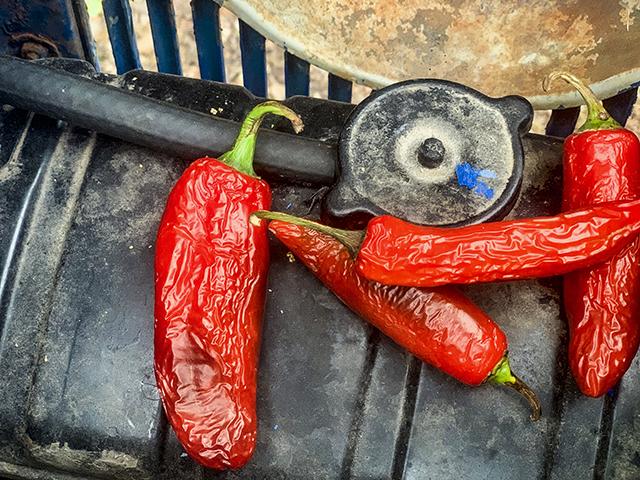Ask the Mechanic
Safety Tip of the Month August 2022
READER: It's hot down here in south Texas in July and August, and some of our vehicles around the farm seem to want to get hot when the temperature soars several degrees over 100. This happens frequently when the trucks are hauling heavy loads or idling at the grain elevator. I have noticed (and always wondered why) that the coolant wants to blow out of the radiator when the cap is removed even though I don't hear it boiling inside before I remove the cap.
STEVE: As we all know, removing a radiator cap when an engine is hot is extremely dangerous, but we seem to want to do it anyway in the heat and rush of farm work.
P[L1] D[0x0] M[300x250] OOP[F] ADUNIT[] T[]
There are two things going on when you remove the radiator of a hot vehicle. One: The reason the coolant is not boiling inside the radiator (unless it is extremely hot) is the pressure the radiator cap is holding on the coolant is keeping it from boiling. A liquid, such as water, will not boil at 212ºF because the pressure on the liquid raises the boiling point.
But, when you remove the cap and lower the pressure on the coolant, it instantly boils and blows out the filler hole. Leave the radiator cap on the radiator until the engine cools.
The second dangerous thing to be aware of is the steam from the boiling coolant. When a vapor turns into a liquid, it gives off heat. Be aware that the steam moves quickly and is much hotter than the hot liquid coolant.
This is why when you wave your hand over a boiling pot of water, the harmless-looking vapor easily burns your hand, as the vapor is in the process of turning into a liquid, making it extremely hot and leaving you with a wet hand.
But, when you go to an amusement park during a hot summer day, while standing in line, water mist is usually spraying over your head. This keeps you cool, because when a liquid turns to a vapor, it absorbs heat. Now, that's cool.
**
-- Write Steve Thompson at Ask The Mechanic, 2204 Lakeshore Dr., Suite 415, Birmingham, AL 35209, or email mechanic@progressivefarmer.com, and be sure to include your phone number.
[PF_0822]
(c) Copyright 2022 DTN, LLC. All rights reserved.




